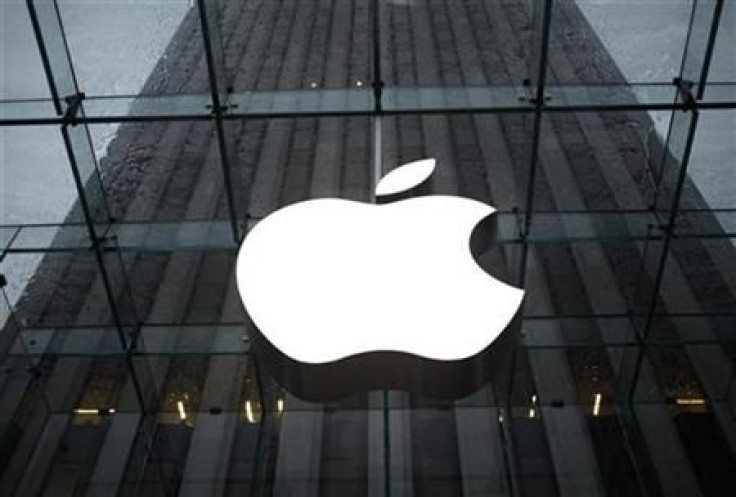New subscription service: Should Apple fear App developers' backlash?

The Apple's new subscription service - as expected - has begun drawing flak from app developers. While Sony felt that Apple is holding publishers at ransom, Online Publishers Association, which represents Time, Bloomberg, Forbes and other media outlets, wailed that the new regime doesn't give them the flexibility they need to serve their customers. The response of the streaming music service Rhapsody in particular raises the concerning question if Apple should fear the backlash, especially since the publishers have begun mulling legal as well as business action.
Rhapsody, which was the first company to respond in public, made it clear that it was not interested in bowing down to Apple's new policy signaling that the music purveyor may be the first among the many to pull out.
Our philosophy is simple too - an Apple-imposed arrangement that requires us to pay 30 percent of our revenue to Apple, in addition to content fees that we pay to the music labels, publishers and artists, is economically untenable. The
bottom line is we would not be able to offer our service through the iTunes store if subjected to Apple's 30 percent monthly fee vs. a typical 2.5 percent credit card fee.
With words like untenable and would not be able to offer, the message was clear.
Interestingly, Rhapsody's remark came in as a direct response to Apple CEO Steve Jobs' statement, Our philosophy is simple - when Apple brings a new subscriber to the app, Apple earns a 30 percent share; when the publisher brings an existing or new subscriber to the app, the publisher keeps 100 percent and Apple earns nothing.
All we require is that, if a publisher is making a subscription offer outside of the app, the same (or better) offer be made inside the app, so that customers can easily subscribe with one-click right in the app. We believe that this innovative subscription service will provide publishers with a brand new opportunity to expand digital access to their content onto the iPad, iPod touch and iPhone, delighting both new and existing subscribers, Jobs said in a statement announcing the launch of the subscriptions on the App Store on February 15.
Furthermore, indicating that business as well as legal steps were mulled, the Rhapsody added, we will be collaborating with our market peers in determining an appropriate legal and business response to this latest development.
Chief executive officer of Sony Computer Entertainment also indicated that the company was ready to launch a war.
Publishers are being held to ransom by Apple and they are looking for other delivery systems, and we are waiting to see what the next three to five years will hold, he told The Age.
Sony may withdraw its artists from Apple's iTunes store and withhold its games from the iPhone in a sign the two companies are on the brink of all-out war, the report noted.
The app publishers are expected to abide by the new policy by June 30.
With 300,000 applications and over 10 billion downloads, Apple boasts of being the leading App Store. However, the philosophy that Jobs speaks of is often considered anti-competitive as Apple is seen as imposing restrictions on how publishers conduct their business.
This philosophy even oozes out of the press release announcing the launch of the new app subscription service.
For instance the line: Publishers may no longer provide links in their apps (to a website, for example) which allow the customer to purchase content or subscriptions outside of the app, targets offerings like Amazon Kindle.
Another rule prevents some publishers from extending to existing customers the benefits of a free iPad subscription: Apple does require that if a publisher chooses to sell a digital subscription separately outside of the app, that same subscription offer must be made available, at the same price or less, to customers who wish to subscribe from within the app.
Considering the reputation that Apple has earned and the threats from the app developers over its new rules, the pressing question now is: Will the new subscription service bring down Apple's App monopoly? May be the market for a new App Store has just opened up.
© Copyright IBTimes 2024. All rights reserved.











